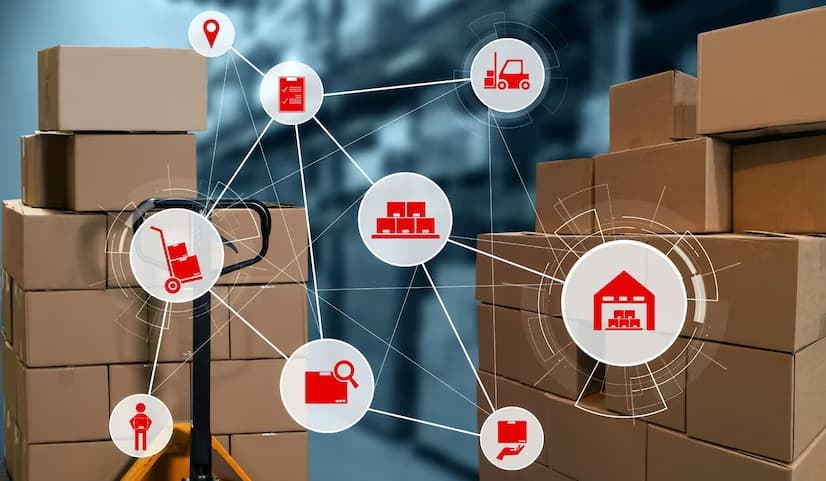
Inventory Manager Job Description: What You Need to Know
An inventory manager is responsible for overseeing the inventory levels of a business. They work with a team of inventory or warehouse employees to receive and record new stock as it comes in, and move stock onto trucks or shelves as needed. The specific responsibilities of an inventory manager will vary depending on the size […]
Read More
How to Identify and Improve Poor Inventory Management
Poor inventory management is the inability to effectively manage the flow of goods and materials into, within, and out of a business. It can lead to a number of problems, including stockouts, excess inventory, obsolescence, and high carrying costs. Consequences of Poor Inventory Management: Poor inventory management can have a number of negative consequences for […]
Read More
How to Effectively Restock Your Inventory
Inventory restocking is the process of replenishing products when they run low. It is an important part of inventory management, which is the process of planning, organizing, and controlling the flow of goods and materials into, through, and out of a business. Factors to Consider When Restocking Inventory: There are many factors to consider when […]
Read More
How to Destock Your Inventory and Improve Your Bottom Line
Did you know worldwide losses due to overstocks at $471.9 billion each year? That’s a lot of money that could be saved by destocking inventory. Inventory destocking is the process of reducing the amount of inventory that a business has on hand. This can be done for a number of reasons. Different Reasons Why Businesses […]
Read More
The Ultimate Guide to Inventory Bin Cards
An inventory bin card is a document that tracks the inventory levels of a specific item in a specific bin. It is used to keep a running record of the quantity of items in stock, as well as the dates and quantities of items that have been received, issued, or transferred. Bin cards are typically […]
Read More
Inventory Conversion Period: What It Is and How to Improve It
Inventory conversion period (ICP) is the time it takes a company to acquire inventory, sell it, and convert the proceeds into cash. It is a measure of how efficient a company is at managing its inventory. A shorter ICP indicates that a company is able to sell its inventory quickly, which can free up cash […]
Read More
Inventory Adjustment: Everything You Need to Know
Inventory adjustment is the process of reconciling the physical inventory count with the perpetual inventory records. This may involve increasing or decreasing the inventory levels in the system to match the actual number of items on hand. Why Is Inventory Adjustment Important? Inventory adjustment is important for a number of reasons, including: In addition to […]
Read More
Inventory Catalog Management: A Guide to Getting It Right
Inventory catalog management is the process of organizing and managing a list of products or services. It involves creating and maintaining product descriptions, setting prices, tracking inventory levels, and ensuring that all product information is accurate and up-to-date. Inventory catalog management software can help businesses automate many of these tasks, making it easier to manage […]
Read More
Inventory Discrepancies: Causes, Prevention, and Recovery
Inventory discrepancies are gaps between the number of items a business has on hand and the number of items recorded in its inventory system. They can be caused by a variety of factors, including human errors, theft, damage, and system errors. Inventory discrepancies can have a significant impact on a business’s bottom line, leading to […]
Read More
The Benefits and Challenges of Inventory Pooling
Inventory pooling is a strategy to share inventory across different locations, channels, or product categories to save money and improve customer service. By pooling inventory, businesses can keep less inventory on hand, which lowers costs and reduces the risk of running out of stock or having too much of something. Inventory pooling is a common […]
Read More